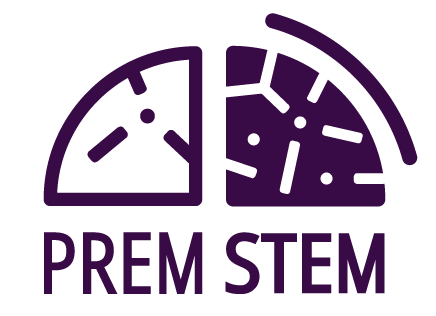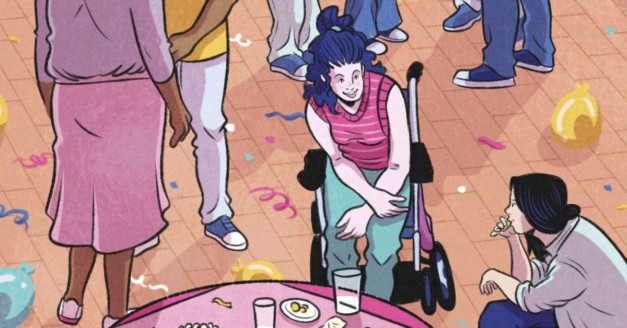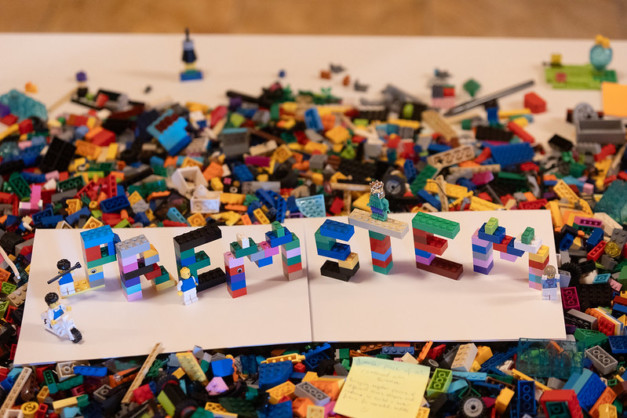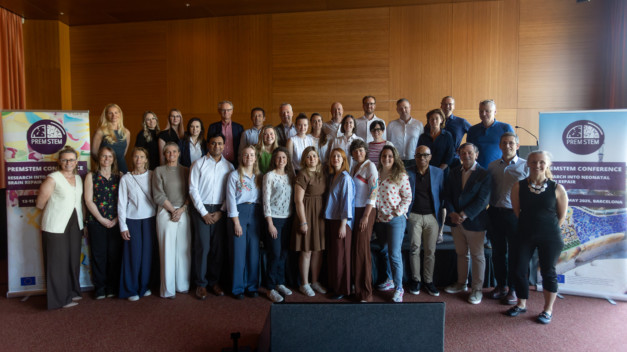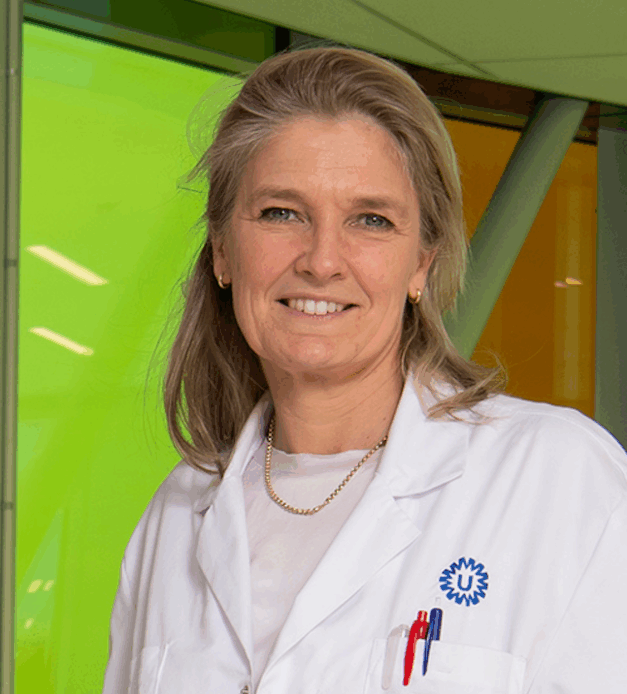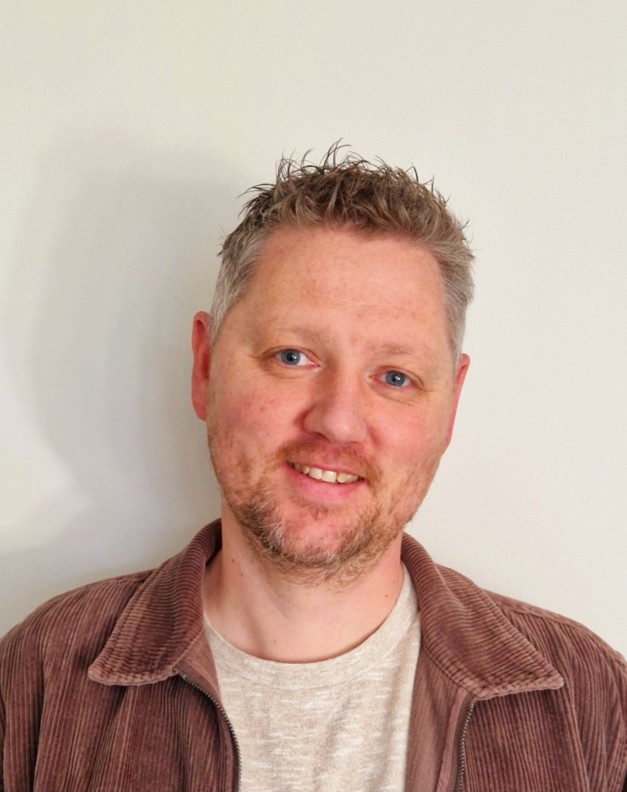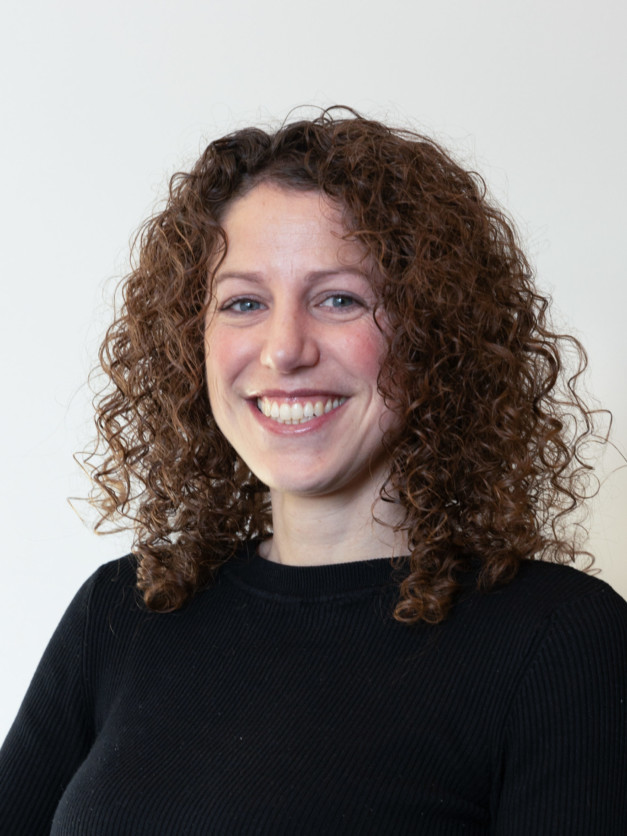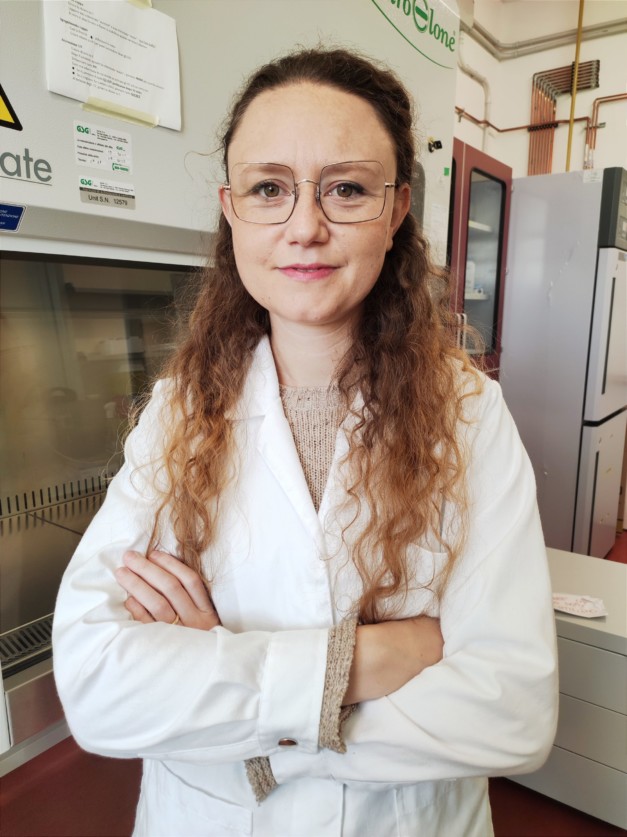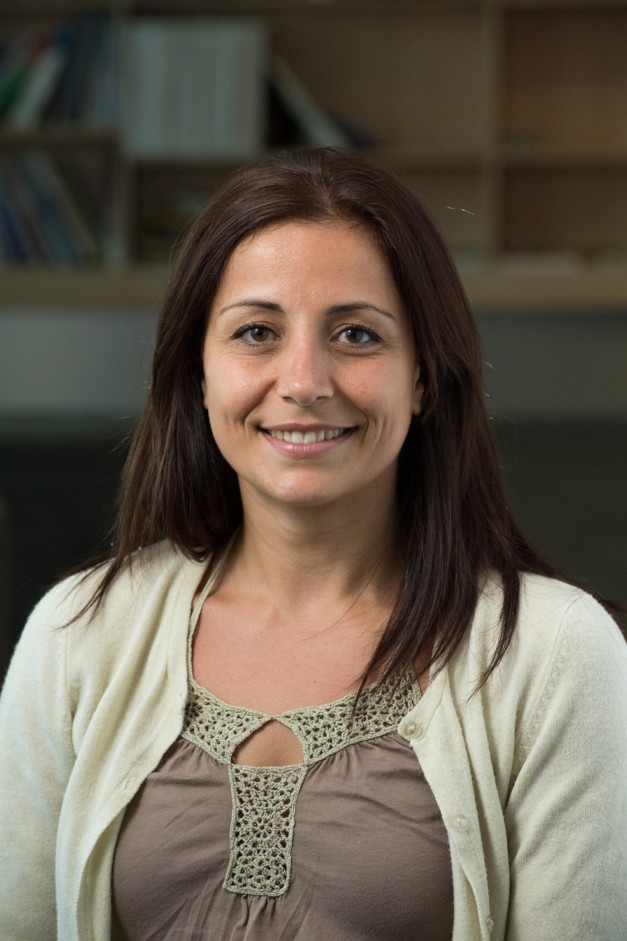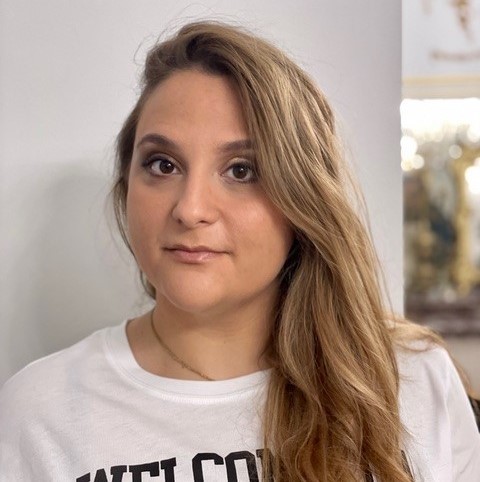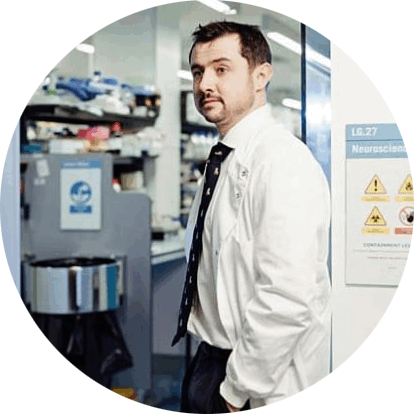Illustrating two families’ stories of preterm birth
Alongside our scientific work, communicating with the wider world about the topics of preterm birth and brain injury has been one of our focuses in PREMSTEM. Growing Together – A Shared Journey from the NICU to Now is an illustrated story created by members of the consortium and the PCAB in collaboration with professional illustrators. Sophia and Adam were born preterm. In this story, told through their parents’ eyes, we discover moments in their lives since they bonded in the Neonatal Intensive Care Unit, and learn about support networks based in the care of teachers and the guidance of medical experts. Through the power of illustration, our aim has been to create a realistic story to help families and caregivers to understand how preterm birth may impact their lives. We hope it will help families to understand how life might look when a child is born too soon and serve as a tool for…
Global experts converge in Barcelona for the PREMSTEM Conference: Research into neonatal brain repair
From 13 to 15 May 2025 the PREMSTEM consortium was joined in Barcelona by members of the scientific community, medical professionals, and parent and patient representatives from Europe, North America and Australia for our final conference. The conference theme ‘Research into neonatal brain repair’ set the scene to present PREMSTEM’s scientific findings to the public after over five years of dedicated research into human mesenchymal stem cells, and their potential to treat brain injury after preterm birth. The programme centred on topics related to the scientific work carried out by PREMSTEM researchers, but with the aim of going beyond the project’s own work to explore research activities, findings and experiences of leading international researchers working in related topics of brain injury. Following a call for abstracts, researchers from around the world joined us to present their own important work looking at the vulnerable newborn brain, including events such as hypoxic-ischemia…
2025 Annual meeting
The PREMSTEM team met in Barcelona on 12 and 13 May 2025 for the annual in person meeting, held just before the project’s public conference. Invited to the meeting were consortium partners as well as members of our scientific advisory boards. We shared our latest research progress and findings as well as updates related to the project’s important community engagement and dissemination activities. It was also an opportunity to discuss our future plans, including the translation of our work to the clinic and the strategies for disseminating our many results through scientific and wider public audience focused publications. Highlights from the annual meeting: We look forward to catching up again on online in September 2025.
Manon Benders
Manon Benders Dr Manon BendersPediatrician-neonatologistWilhelmina Children’s Hospital, UMC Utrecht (The Netherlands) Session: From pre-clinical work to an approved therapy – Wednesday 14 May (10.30am-12pm) Manon Benders is a neonatologist with an interest in neonatal neurology. She is Professor in Neonatology at the Wilhelmina Children’s Hospital, UMC Utrecht. Her work focuses on improving long-term outcomes in high-risk newborns by translating scientific discoveries into clinical care. She has extensive experience in both clinical and academic settings, including positions in Geneva and London, where she contributed to advancing neonatal brain research. She coordinates several (inter)national research projects aimed at developing neuroprotective and regenerative strategies for the vulnerable neonatal brain. She is known for integrating advanced imaging, biomarker research, and cell-based therapies to better understand and treat neonatal brain injury. In addition to her research, she actively supervises PhD students and clinical fellows, fostering the next generation of clinician-scientists. Through her translational approach, she…
Daan Ophelders
Daan Ophelders Dr Daan OpheldersAssistant Professor, Laboratory of PediatricsMaastricht University (The Netherlands) Session: Learnings from co-creation: involving external stakeholders in research – Thursday 15 May (8.30-10am)
Caroline de Theije
Caroline de Theije Dr Caroline de TheijeAssistant ProfessorUMC Utrecht (The Netherlands) Session: Alternatives and adjuncts to stem cells – Wednesday 14 May (3.30-5pm) Caroline de Theije is Assistant Professor at the Department for Developmental Origins of Disease at University Medical Center Utrecht, The Netherlands. She has a background in medical biology. She graduated from the Utrecht University with a PhD in Nutritional Neuroscience and focused her PhD and postdoc research on the effects of cell-based and nutrition-based therapies to enhance postnatal neurodevelopment. Her current research focusses on the potency of cell-derived and milk-derived extracellular vesicles to treat neonatal brain injury and investigates the underlying therapeutic mechanisms.
Martina Gabrielli
Martina Gabrielli Dr Martina GabrielliResearch FellowNational Research Council of Italy (CNR) Institute of Neuroscience (Italy) and currently at Nottingham Trent University (UK) Session: In vitro studies of stem cell activities – Thursday 15 May (10.30am-12pm) Martina Gabrielli is currently a Research Fellow at Nottingham Trent University (UK) and recipient of a BBSRC Fellowship (UKRI) for future leaders in research, to study the molecular basis of cognitive decline in brain ageing. After a BSc and MSc in Medical Biotechnology and a PhD in Pharmacological Sciences at the University of Milan, she worked for many years in Dr Claudia Verderio’s laboratory at the CNR Institute of Neuroscience (Italy), where she explored the role of extracellular vesicles (EVs) released by glial cells in brain health and disease with a particular focus on their effects on neuronal function and inflammation. She was awarded a FISM fellowship and a Veronesi Foundation Travel Grant Fellowship to…
Tamara Yawno-Fegan
Tamara Yawno-Fegan Dr Tamara Yawno-FeganSenior Research FellowHudson Institute of Medical Research and Monash University (Australia) Session: Using large animal translational models and how to do it better – Wednesday 14 May (8.30-10am) Tamara Yawno is a renowned developmental neuroscientist with over 17 years of experience investigating neurodevelopment in large animal models of cerebral palsy. Her exceptional translational research includes ground-breaking work on ganaxolone for neonatal seizures, which is now part of a multi-centre collaboration to trial ganaxolone against standard therapy in newborns with hypoxic ischemic encephalopathy. Tamara’s recent research focuses on the role of placental stem cells in brain development and their neuroprotective actions in compromised pregnancies. A key aspect of her work involves extracellular vesicles (EVs), bioactive particles secreted by placental stem cells. Containing proteins, lipids, and RNA, EVs show potential as therapeutic agents. Tamara’s studies suggest that EVs may promote neuroprotection in the developing brain, offering a promising…
Cindy Bokobza
Cindy Bokobza Dr Cindy BokobzaHead Scientist at MayInserm U1141 (France) Session: From pre-clinical work to an approved therapy – Wednesday 14 May (10.30am-12pm) Cindy Bokobza is a perinatal neuroscientist and head scientist at May, a mission-driven health tech startup. She has a background in translational research, with experience in France, the USA, and Portugal. Cindy coordinated key projects within the PREMSTEM consortium and has led multiple studies on neonatal brain injury, neuroinflammation, and early neurodevelopment. She has supervised over 15 students and received awards including the Alzheimer Harmonie Mutuelle Prize and the ARAPI Young Researcher Award. Passionate about bridging science and real-world health impact, she now focuses on evaluating and scaling digital health tools to support maternal and infant well-being.
William Dawes
William Dawes Dr William DawesAcademic Paediatric NeurosurgeonConsultant Paediatric Neurosurgeon, Oxford University Hospital (UK); Honorary Associate Professor, Institute of Child Health, University College London (UK) Session: Learnings from co-creation: involving external stakeholders in research – Thursday 15 May (8.30-10am) William Dawes is an academic paediatric neurosurgeon from Oxford University Hospital. He was awarded his PhD from Queen Mary University of London in 2017 and became a Fellow of the Royal College of Surgeons in Surgical Neurology in 2018. His PhD thesis focused on role of neural stem cells as potential therapeutic targets following germinal matrix/intraventricular haemorrhage in neonates born prematurely. William is an Honorary Associate Professor at UCL Institute of Child Health and Co-investigator and lead for basic sciences on the NIHR funded ENLIVEN Trial, a UK-based national clinical trial investigating the efficacy of endoscopic intraventricular washout following NIVH. His current research is exploring the role of the ependymal lining of…
